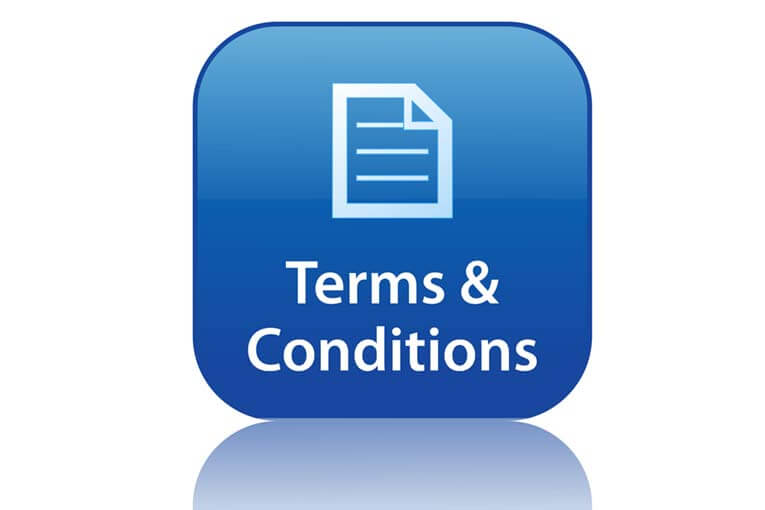Website Terms and Conditions – Liability Traps
Terms and conditions are an integral part of every website. Website terms and conditions are used to limit liability and reduce exposure to a lawsuit. A well drafted terms and conditions helps set the rules for how a dispute is resolved with users. Often businesses will use boilerplate templates that are not tailored to the business or the website functions, which can negate any liability protection a terms and conditions provides. Your website terms and conditions should be drafted to address the concerns of how your particular website operates. To better understand why your website may need a terms and conditions, check out our previous article: Do I Need Terms and Conditions for My Website?
Some of the typical area of liability for website operators, that their terms and liabilities should address include:
Inadequate personal privacy protections
California and the European Union has spearheaded the most rigorous protections for websites in recent years. If your website has not updated its privacy protections or procedures you are likely in violation of the strengthened laws. Remaining in violation of these laws can expose businesses and owners to fines, civil liability, and even criminal liability for more serious privacy breaches. As a website operator it is imperative that you build in the strongest protections and security into your website.
Misleading product or contract terms
When a website has posted product details or contract these can be relied upon by users and create liability under various consumer protection laws around the world. Websites should be careful when posting product or contract details so as to not be potentially misleading or outright incorrect. Website information should be kept up and reviewed to ensure it is not out of date to prevent any consumer from relying on incorrect information.
Malware, viruses, and ads
A website can inadvertently be used for the transmission of many different types of computer malware including viruses, trojans, and worms. It is imperative that you maintain security and monitor the status of your website. If your website becomes hijacked and becomes a transmission vector for malware, you can be liable for the damage that results.
Outages
If your website is service based and customers use it for critical business operations, this can also be a liability trap. Be sure to explain in your terms and conditions that outages may be outside of your control and that customers should not rely upon your service for business critical operations.
Third Party Content
If your website contains third party content, which can be content that you place from others or even user generated content, your website should have language that states you are not responsible or endorse third party content. Also consider whether you have advertisements for third party products or services on your site. Failing to disclaim any liability for these advertisements can cause future problems should these advertisements be false, misleading, or the product injures users.
If your website needs a terms and conditions, call Reidel Law Firm today at: (832)510-3292 or use the form below. We focus our practice on serving business owners, helping to protect their business and wealth.


